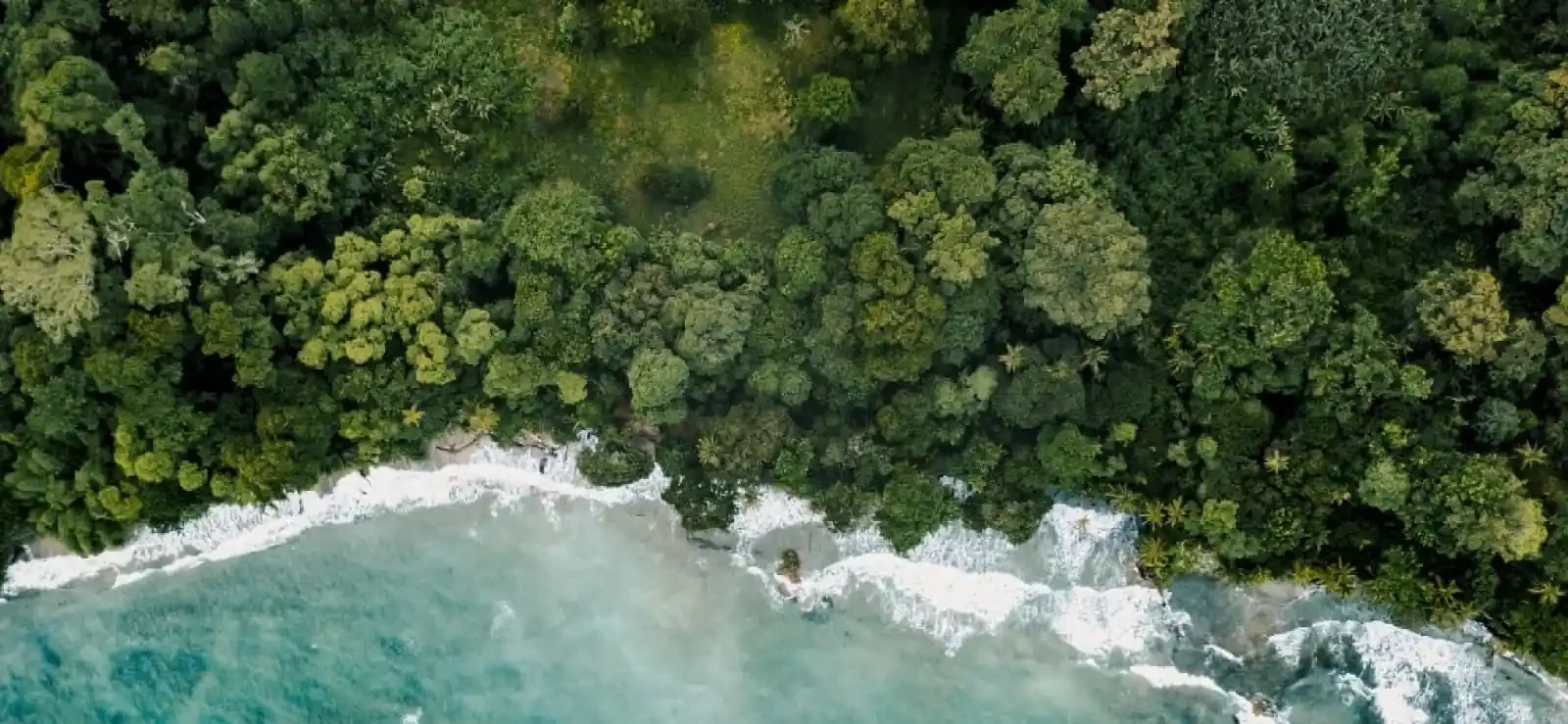Published on: March 10th, 2017
Last updated: August 3rd, 2022
We've compiled our list of most frequently asked questions to help you get prepared before your big adventure to Greece. Please read through the questions, using the navigation bar on the left hand side of your page to move easily between the different sections.
Please note that requirements and advice can change so we do recommend you check in with your own travel insurer, doctor and relevant local embassies before embarking on your adventure.
Are there any entry requirements for Greece?
Visas
For US, Canadian and EU passport holders a visa is not required for stays of up to 90 days as Greece is part of the Schengen border free zone. A medical declaration is required for all passengers.
Please note that requirements can change and we recommend that our guests contact the local embassy in the country where you live for the most recent and up to date information.
Passports
UK, US and Canadian passport holders will need more than 3 months left on your passport from your intended departure date. UK passport holders cannot travel if their passport is more than 10 years old, regardless of the expiry date.
We will confirm certain elements of your trip such as domestic flights, permits or train tickets using your current passport details. If a member of your party changes their name in their passport after booking (for example, through marriage or adoption) this could mean having to reissue important parts of the trip at an extra cost and subject to availability.
Do I need travel insurance?
Yes, once your trip is confirmed it is essential that you take out comprehensive travel insurance to cover you in case anything unexpected happens.
We always recommend that our guests get the maximum level of coverage that you feel comfortable investing in. Read more about travel insurance for US travellers here and for travellers from other countries here.
Do I need to visit a travel doctor before my trip?
No vaccinations are required for travel to any of Greece. We do recommend that you see your doctor or medical practitioner to discuss your itinerary and international travel arrangements to hear any recommendations or advice they may have.
What do I need to know about my regional flights?
Flights within Europe are usually with standard commercial airlines and airports are generally large and easy to transit. Two hours is the recommended time needed before check in for European flights. Most airlines will allow seat selection up to 48 hours prior to departure although seats are subject to change on most airlines. Flights within Greece will typically be on Aegean Airlines and the standard luggage allowance is 23kg in economy class.
What will I receive from Jacada before I depart?
Travel pack
Before you head off on your adventure you will be sent a travel pack. The travel pack is full of great information and is also a beautiful keepsake. It is not necessary to travel with vouchers or confirmations on your trip but we do recommend having a printed copy of your travel itinerary to hand when you arrive in Greece.
Bon Voyage email
Around 2 weeks before you depart we will email you an electronic version of your travel pack including your domestic flight tickets. Once you’ve received this email your Travel Designer will reach out to arrange a time for you to talk on the phone to go over any last minute questions and talk you through the information we’ve sent over.
Do I need to bring the local currency?
The currency in Greece is the Euro and no other currency will be accepted. For local restaurants and small shops it’s recommended to have cash. ATMs are generally widely accessible and larger hotels, shops and restaurants will accept major credit cards.
Can you tell me about tipping and etiquette in Greece?
In restaurants a 10-15% tip is customary. In a local taxi you would generally round up to the nearest Euro and in hotels you would not be expected to tip, this is at your discretion should the service be excellent. You would be expected to tip tour guides and as a rough guide we suggest €30 for a half day or €50 for a full day.
What’s the weather like and how should I pack?
The peak travel season for Greece is June to September where the weather is warm and sunny and in some areas it can get very hot. Occasional storms happen but extended days of rain are uncommon in the height of summer. At this time of the year the UV is high and sun cream is a must. Insect repellent is also important and lighter shirts and pants for covering up can be useful in the evenings for this reason.
During the shoulder season, April to May and October, the weather can be slightly less reliable. Although it will still be sunny, rain becomes more common and the temperature can drop considerably in the shade or once the sun sets. At this time of year bring layers with you and prepare for some cooler temperatures.
Travelling to Greece in winter is less common as most of the hotels and restaurants on the islands remain closed. However, if you are taking a trip at this time then pack for a cooler climate with plenty of layers and even a warm coat. You should see average temperatures of 55°F (13°C).
Laundry services are common in hotels but often quite expensive, make sure you check the price list before sending items to be washed.
Should I make restaurant reservations?
We highly recommend that you make restaurant reservations in advance of your trip. Once your trip is confirmed you will be introduced to your concierge who will be able to assist you in not only making the reservations but also making recommendations based on your preferences.
What’s the transport like?
Taxis are common on most islands and the mainland. Public transportation is infrequent and although inexpensive, not generally a reliable way to get around. On some of the smaller islands motor vehicles are more scarce and travel can be done by donkey or horse and cart.
How can I keep connected on my trip?
Italy uses the standard European plugs – C or F. Wifi is generally easy to find in hotels and most cafes and restaurants. Cell phone coverage can be a little patchy in remote areas or smaller islands. It’s recommended to speak with your cell phone provider to ask about roaming charges.





